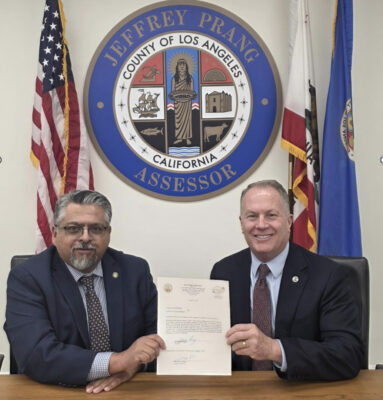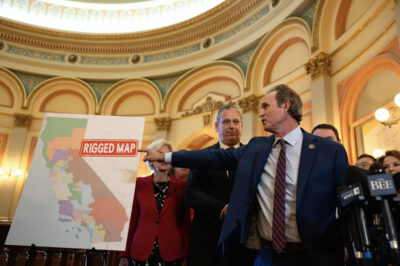A few weeks ago, I was standing in our garden on an early California morning. The air was unusually still, and I noticed something that caught me off guard: The birds were gone
Every morning, our garden is alive with birdsong. Finches and sparrows dart from branch to branch, doves call out from the garden walls, and hummingbirds hover near the lavender. But that morning, the silence was eerie. Not a single wingbeat. It was as if the garden had exhaled — and everything had vanished.
Later that day, I learned there was a wildfire more than 30 miles away. Too far to see. Too distant to feel like a threat. But the birds had sensed it. Somehow, they knew. Maybe it was the faintest trace of smoke in the air, or a shift in pressure that I couldn’t feel. Whatever it was, they were gone before any danger — thankfully — reached our doorstep.
And it made me think — not just about nature, but about work. About people. About teams. Because just like those birds, the best people in an organization often sense when something is wrong long before it’s visible.
In my professional life, I’ve seen it happen. Talented, emotionally intelligent, high-performing employees — the kind you build cultures around — begin to quietly disengage. They don’t make a scene. They don’t complain. They just … start preparing to leave.
They sense the signals: financial instability, poor leadership, layoffs without clear communication, ethical red flags, unspoken tension. These things may not show up in quarterly reports, but people can feel them — in meetings, in hallway conversations, in the way decisions are made. Just like the birds, they don’t wait for the flames. They leave when the air starts to change.
What struck me about that morning in our garden wasn’t just the silence — it was how sudden the absence felt. One day they were there, and the next they weren’t. That’s how it often goes with people, too.
You lose one good employee. Then another. Sometimes the departures are framed as new opportunities or personal choices — and they might be — but often, they’re responding to things we didn’t see, refused to see, or saw too late.
When a few great people leave a company, it’s not just turnover. It’s a warning sign.
The recent fires in California have left scars on our land and in our communities. They’ve reminded us how vulnerable we are to forces beyond our control — and how crucial it is to read the signs early.
In organizations, we’re not always so different. Fires can take the form of a toxic culture, declining trust, financial distress, or leadership misalignment. The impact may not be visible right away, but the best people can smell the smoke.
That morning in our garden, I learned something profound: just because things look calm doesn’t mean they are safe. Stillness isn’t always peace. Silence can mean something is already in motion — something you might only recognize when it’s too late.
If you’re a business owner or a leader of others, I encourage you to stop seeing employee departures as just “attrition.” Don’t rush to label people as disloyal or assume they’re chasing something better. Instead, ask: What did they feel? What did they see? What are we too close to recognize?
Birds don’t flee without reason. And good employees don’t leave without cause.
Let’s try to lead and live with more attentiveness — listening not just to what’s said, but to what’s missing. Check in more often. Ask questions. Make space for difficult conversations, even when it’s uncomfortable.
Because if I’ve learned anything from our garden — and from the recent fires — it’s this: By the time the birds leave, the fire is already on its way.
Paul Butler is a Santa Clarita resident and a client partner with Newleaf Training and Development of Valencia (newleaftd.com). For questions or comments, email Butler at [email protected].













